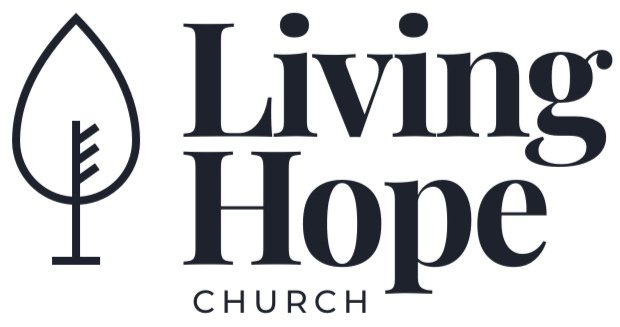Let these words sink in for a moment:
38 “These are the sacrifices you are to offer regularly on the altar. Each day, offer two lambs that are a year old, 39 one in the morning and the other in the evening. 40 With one of them, offer two quarts of choice flour mixed with one quart of pure oil of pressed olives; also, offer one quart of wine as a liquid offering. 41 Offer the other lamb in the evening, along with the same offerings of flour and wine as in the morning. It will be a pleasing aroma, a special gift presented to the Lord.
42 “These burnt offerings are to be made each day from generation to generation. Offer them in the Lord’s presence at the Tabernacle entrance; there I will meet with you and speak with you. 43 I will meet the people of Israel there, in the place made holy by my glorious presence. 44 Yes, I will consecrate the Tabernacle and the altar, and I will consecrate Aaron and his sons to serve me as priests. 45 Then I will live among the people of Israel and be their God, 46 and they will know that I am the Lord their God. I am the one who brought them out of the land of Egypt so that I could live among them. I am the Lord their God. (NLT)
This is the daily sacrifice for the people of Israel. These are continual and are to happen at the entrance of the Tabernacle (or Tent of Meeting) where the Lord will meet with his people. At the end of this section we come to a bit of a summary statement. The tabernacle is the place where the Lord will live, or dwell among his people. And he will be their God. This is the God who brought them out of the land of Egypt, out of the house of slavery (cf. Ex. 6:7, 20:1).
There is something striking and hard to imagine in this. These sacrifices took place daily. Consider the amount of blood spilt.
What does this system point the people to?
What is it that takes away sin?
Meditate on 1 Peter 1:18-21

